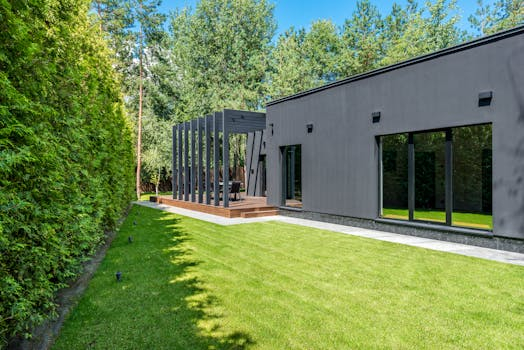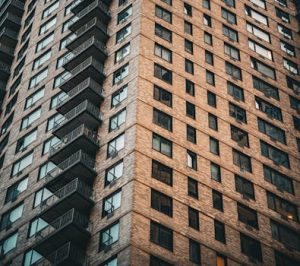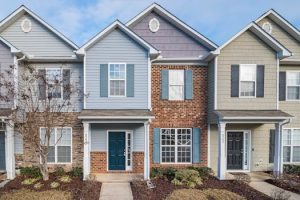Affordable Housing Solutions: Modular Homes and ADUs
Affordable housing has been a pressing issue for decades, and with the increasing population and rising housing costs, the need for affordable housing solutions has become more urgent than ever. Traditional homes often come at a high price, making them unattainable for many individuals and families. However, there are alternative options like modular homes and accessory dwelling units (ADUs) that not only offer affordable housing solutions but also embrace sustainability and adaptability. In this article, we will delve deeper into these two options and how they can contribute to addressing the affordable housing crisis.
The Rise of Modular Homes
Modular homes, also known as prefabricated homes, have been picking up popularity in recent years. These are homes that are built in a factory and then transported to the desired location for assembly. Unlike traditional homes that are built on-site, modular homes are constructed in a controlled environment, which ensures a quicker and more efficient building process. This translates into significant cost savings, making modular homes a more affordable housing solution.
The Benefits of Modular Homes
Aside from being more cost-effective, modular homes offer a range of other benefits. They are built using high-quality materials and adhere to strict building codes, ensuring durability and safety. The controlled environment also allows for greater precision and attention to detail, resulting in a superior quality home. Additionally, modular homes can be customized to fit various styles and preferences, making them just as unique and attractive as traditional homes.
Modular Homes and Sustainability
Sustainability is a crucial factor when it comes to housing, and modular homes are at the forefront of this movement. These homes are built using eco-friendly materials, and the assembly process produces less waste compared to on-site construction. Modular homes can also be designed to be more energy-efficient, reducing their environmental impact and lowering utility costs for homeowners.
The Role of ADUs in Affordable Housing
Accessory dwelling units, or ADUs, are small secondary homes that can be built on existing properties. These units are a perfect solution for high-density areas where space is limited, such as urban areas. ADUs can be attached to the main house or built separately on the same property, making them a versatile and affordable option for homeowners looking to expand their living space.
The Advantages of ADUs
ADUs are an attractive addition to a property, not only because they provide more living space but also because they offer added benefits. These units can generate stable rental income, making them a popular choice for homeowners looking for passive income streams. Additionally, ADUs can serve as housing for aging parents, adult children, or even as a home office or studio, adding value and functionality to a property.
The Future of ADUs in Addressing Affordable Housing
As the demand for affordable housing continues to rise, ADUs have the potential to play a significant role in providing solutions. These small dwelling units are a sustainable and cost-effective way to address the affordable housing crisis. They also offer a more diverse and flexible housing stock, catering to the needs of various demographics.
In Conclusion
The need for affordable housing solutions is not going away any time soon, and it’s essential to explore alternative options that can meet this demand. Modular homes and ADUs are two examples of innovative and sustainable housing solutions that are gaining traction and making a positive impact. As more individuals and communities embrace these options, we can hope for a future where affordable housing is more accessible and attainable for everyone.











